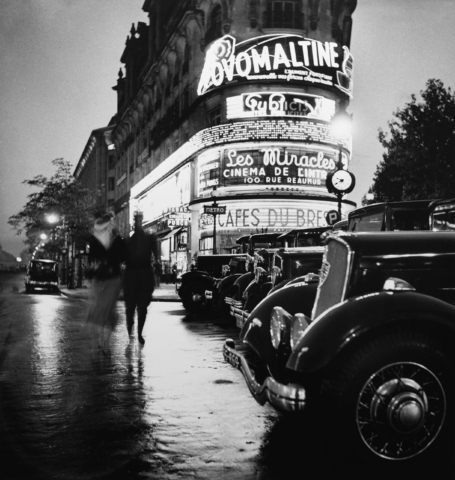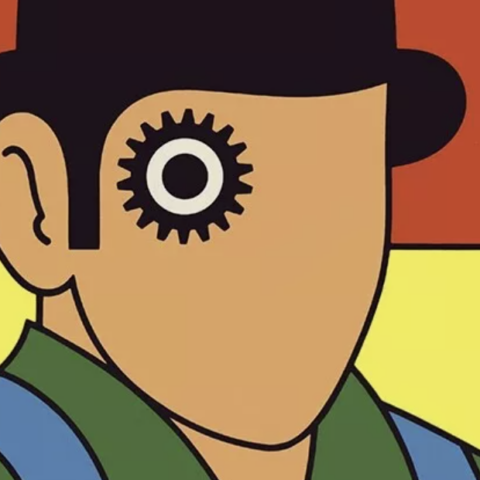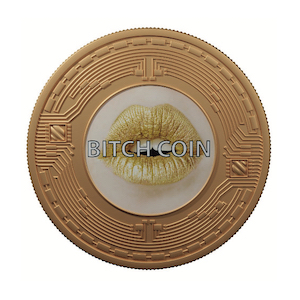anti-BOHEMIA: The Road to Emancipation
By Shannon Brien
‘Bohemian’ usually describes a person who doesn’t follow conventional rules and practices, a person who leads an alternative life. We often think of these people as vagabonds or gypsies running around in colourful flowing skirts, headbands, and patch work leather. Often at times we neglect to value this way of existence, the opportunity to choose how you live is an undervalued privilege.
Being able to exist in your own way is a gift.
Chinese-American physician turned writer, Adeline Yen Mah, details her experience as an unwanted child in China during the Second World War in her debut novel, A Chinese Cinderella. Blamed for the death of her mother after her birth, her family considered her ‘bad luck’ and treated her as such her entire life. Her father and his new wife ensure that she never feels accepted in her family and her only solace is school where she excels academically. Her achievements there eventually lead to her emancipation as her father allows her to study in the UK.
Born in Brooklyn with his four younger siblings Frank McCourt’s memoir, Angela’s Ashes, details his tragic upbringing with bouts of humour and inspiration. The McCourt family moved from Brooklyn back to their native Ireland to gain financial stabilitbly and familial support as patriarch Malachy McCourt’s drinking problem leaves the family in a constant state of starvation. Although supported by their extended family, life in the impoverished slums of Limerick was difficult as Malachy frequently drinking away what little money they had for food.
Eventually abandonded by Malachy, Angela, the matriarch is left, unemployed, to raise the children without on her own.
Regimes of Nazism, fascism and communism stifle the bohemian spirit and create a world where people are told who they should be and punished for not achieving it. Italian chemist Primo Levi is renowned for his story of suffering encountered in Auschwitz after being arrested for being a member of the anti-fascist resistance. If This is a Man, is a philosophical examination of good and evil.
Many of Levi’s work are influenced by his experiences in Auschwitz, during the anti-fascist resistance or as a chemist, and they show a deep level of understanding of the human condition by “one of the most important and gifted writers of out time”, says Italo Calvino. The Periodic Table details his life in pre and post war Italy by using the chemical periodical table to link each of the 21 short stories that make up the book.
Penguin has published The Complete Works of Primo Levi in three slip-cased hard back editions with an introduction by Toni Morrison, which include the aforementioned titles and the other 12 works that have made Levi one of the most universally relevant twentieth-century authors.
The 21st century has seen a dramatic shift in how we present ourselves. We live in a world where we can be and do mostly what we want without consequences that we often fail to recognise that this freedom is a privilege. These extraordinary autobiographical tales serve as a reminder of human suffering and the strength it requires to survive.








